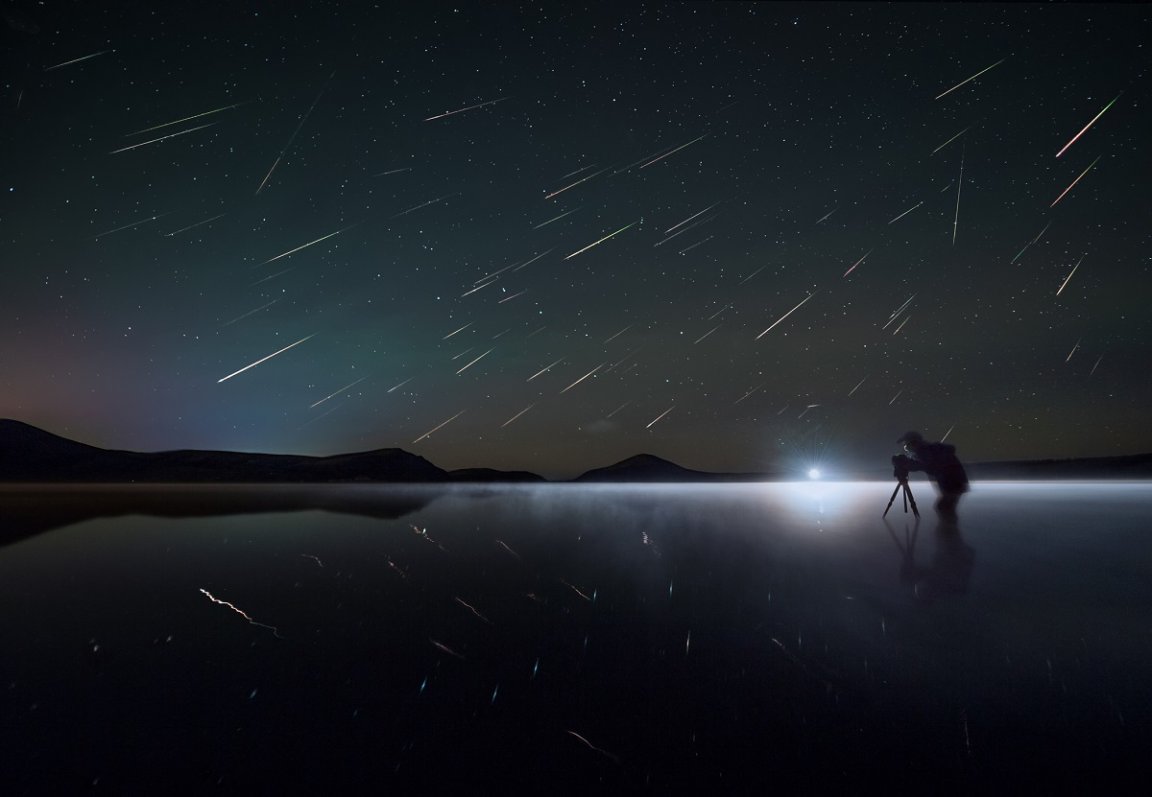
The Perseids
Break out the binoculars, folks. Time to see some shooting stars!
As The Washington Post reports, the biggest and brightest meteor shower of the year, the annual Perseids, will be on full display this Saturday and Sunday.
The Perseids, per NASA, is known for incredible fireballs amid a spatter of fainter, falling bits of light, which often leave mesmerizing streaks in their wake. It’s also considered a “high-rate meteor shower,” with 50 to 100 meteors often seen every hour.
Though folks Northern Hemisphere will have the optimal viewing position, it can be seen anywhere, ideally in the early hours of the morning — though anytime after 10 is fine — on Saturday-night-slash-early-Sunday-morning. And according to the experts, you won’t want to miss the sparkling show.
“This is one of the three most active in meteor showers,” NASA ambassador Tony Rice told WaPo, meaning it’s one of the three heavenly showers that produce “the most visible meteors.”
Follow Perseus
According to NASA, Perseids is comprised of pieces of tiny bits of space rock originating from the Swift-Tuttle comet. Discovered in 1862 by Lewis Swift and Horace Tuttle, the comet orbits the Sun every 133 or so years, last making its way to our inner solar system in 1992.
The shower’s radiant, or the point in the sky where they appear to come, is right around the constellation Perseus — indeed, that’s how the starshow originally got its name. And ideally, Rice told the paper, if you look towards Perseus this weekend, “you might see some meteors that last a couple of seconds.”
“There will be fewer of them,” he added, “but they’re going to be more spectacular.”
No Phone Zone
If you do plan on staying up — or waking up — for the show, Rice did offer WaPo some recommendations. Darkness is essential, and so is patience; once get outside, you need to wait about 15 minutes for your eyes to adjust. And once you’re adjusted, Rice told WaPo, you’d do well to stay outside for about an hour. Don’t want to go inside too early and miss a fireball!
Oh, and one last tip? Leave the phone inside. Per the paper, the brightness of your phone screen will mess with your night vision. And trust us, that would be a shame.
More on space rocks: Meteor Explodes over Texas, Causing Epic Noise and Scattering Debris